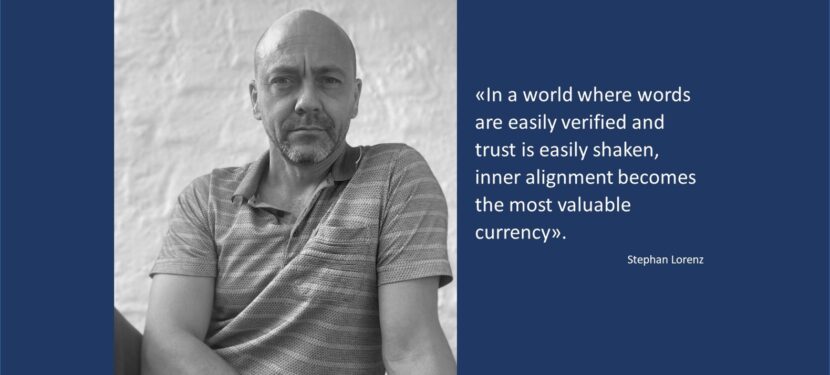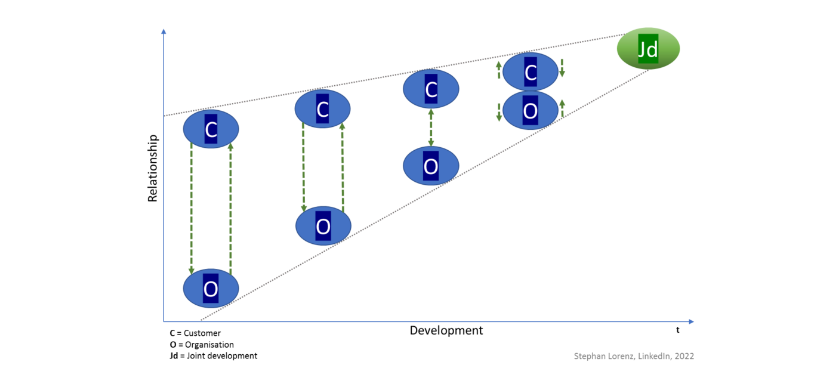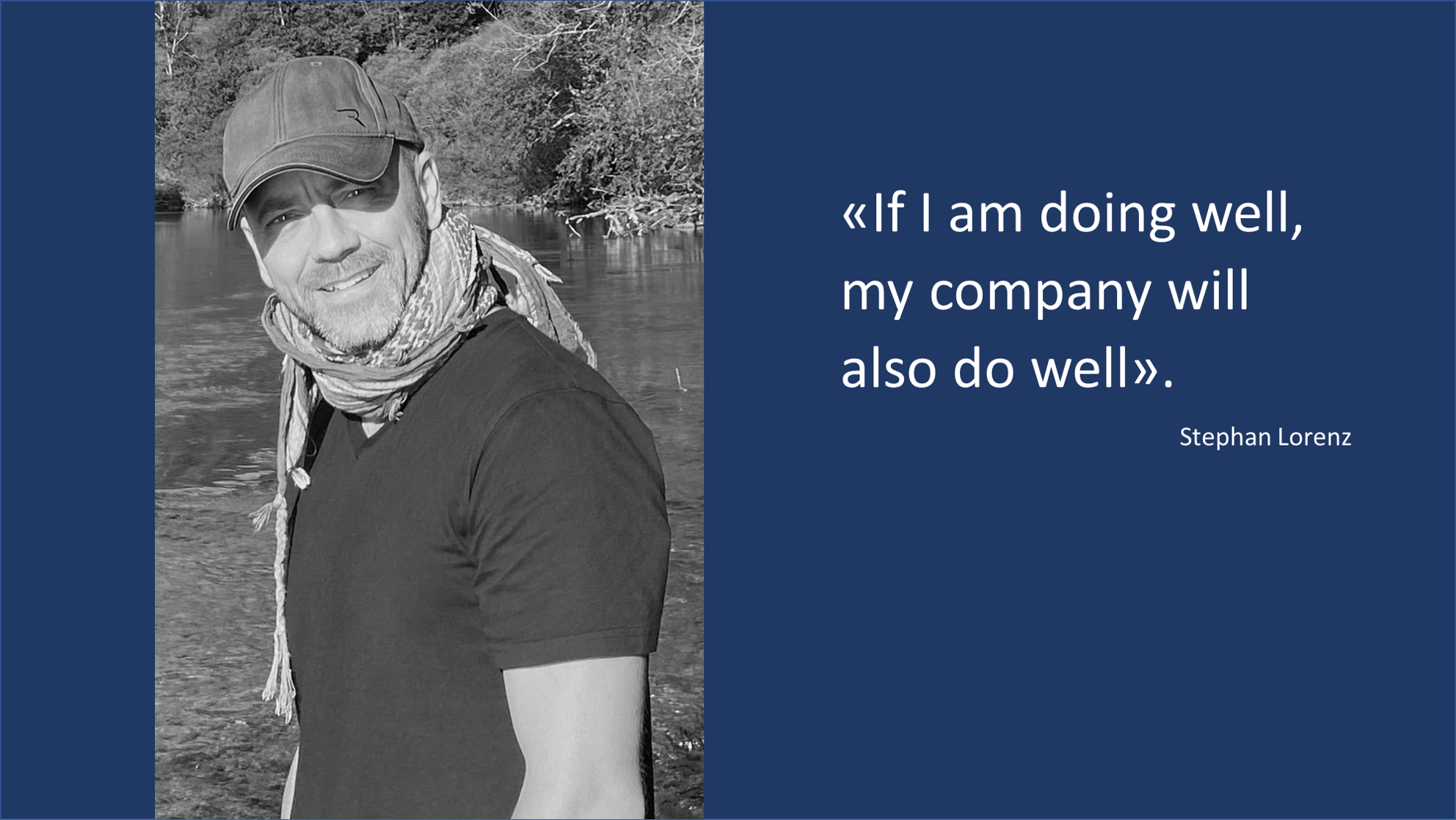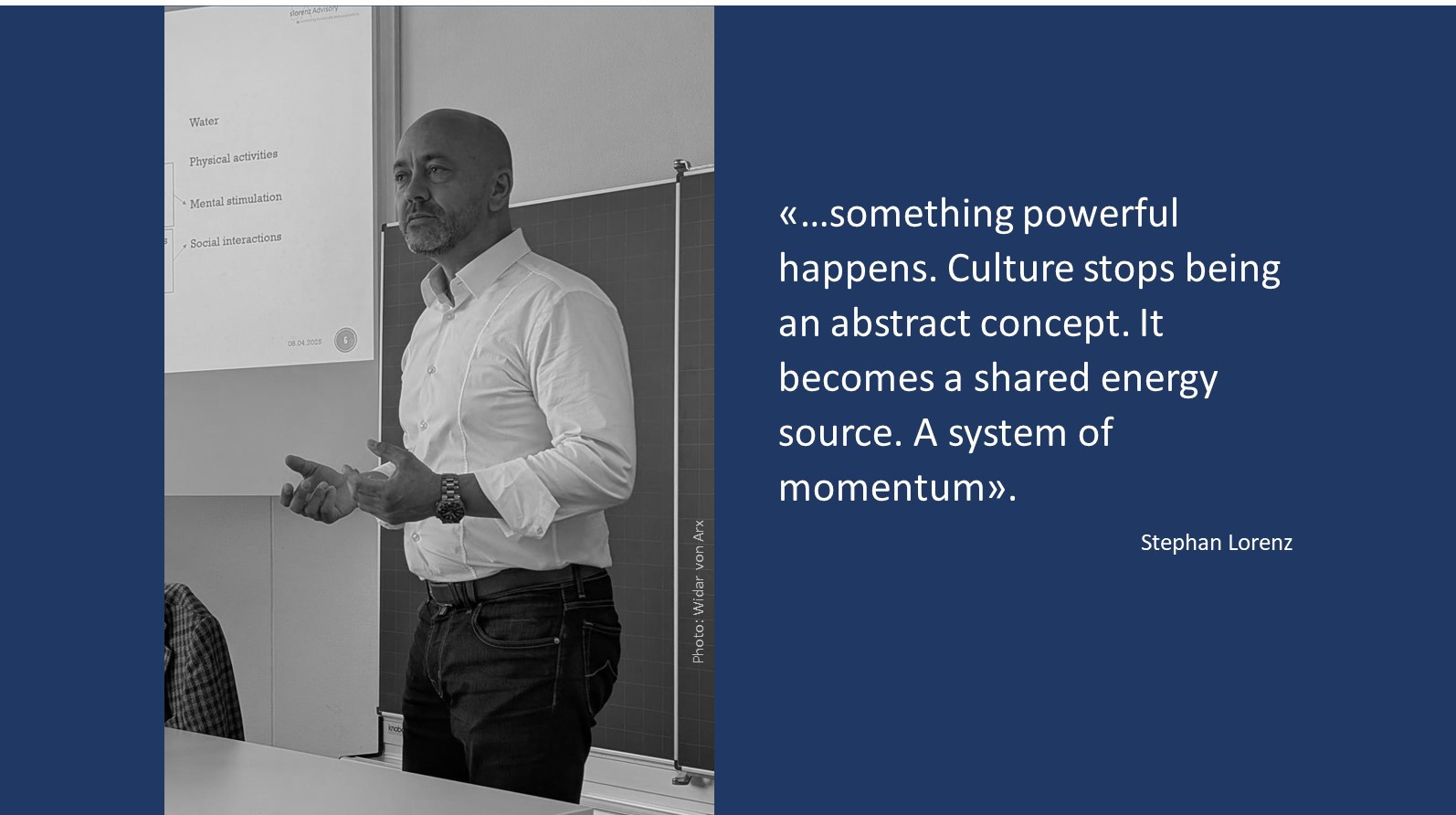In my daily work with leaders, I continue to witness how profoundly the demands on leadership have changed in the digital age.
It is no longer enough to manage processes, control outcomes, or enforce top-down decisions. Instead, responsibility is emerging as a central leadership mindset.
For me, leadership today is an act of conscious self-leadership, values-driven relationship-building and a clear alignment with the common good. In a time shaped by complexity, speed, and constant change, responsibility is not a burden, it is the foundation for effective and credible action.
I am increasingly seeing that leaders who operate from a place of control, status, or self-promotion are losing their impact. Power and ego may provide temporary clarity in rigid hierarchies, but they inevitably fail in the face of interconnected systems where no single person can have all the answers. When leadership serves ego over purpose, it sidelines trust, stifles creativity, and weakens collective intelligence.
Especially in digital organizations, where knowledge is distributed and decisions must be made with agility, ego-driven leadership proves deeply dysfunctional.
What I believe is truly essential today cannot be reduced to a method or a technique. It is a mindset. A deep willingness to take responsibility not only for results, but for people, relationships and growth. This responsibility starts with myself. It requires that I confront my blind spots, reflect honestly and remain a continuous learner.
🔎 Responsible leadership means influencing consciously without dominating others. It means being present, listening deeply, creating clarity and shaping an environment where others can grow.
That is precisely why I consider transformational leadership so essential. It shifts the focus from control to development. Instead of using people as means to an end, it inspires them. I have seen time and again how powerful it is when leaders do not just set targets but share a vision. When they don’t just delegate but encourage people to grow beyond themselves.
Transformational leadership creates space for meaning, innovation and the unfolding of individual potential. It is not about generating followers, it is about activating co-responsibility.
🔎 This not only changes performance, it transforms culture.
One factor I consider absolutely decisive in all of this is integrity.
In a world where words are easily verified and trust is easily shaken, inner alignment becomes the most valuable currency.
I have learned that integrity does not mean perfection. It means acting transparently, owning mistakes and staying true to one’s values, even when it’s uncomfortable.
Integrity is not visible when everything goes smoothly. It reveals itself in times of challenge.
🔎 And it determines whether people will follow, whether teams stay loyal and whether organizations build true resilience.
I am convinced that we are at the beginning of a profound shift, away from a leadership paradigm built on control, hierarchy and status, towards a form of leadership grounded in clarity, connection and responsibility.
This requires not just new skills, but a new consciousness.
Responsibility in the digital age is not a trend. It is the key to future-ready, human-centered and truly effective leadership.
Looking to cut through the noise and get clear? Let’s team up for a no-pressure chat… I’m here to bounce ideas and spark new insights.
Best regards
Stephan





